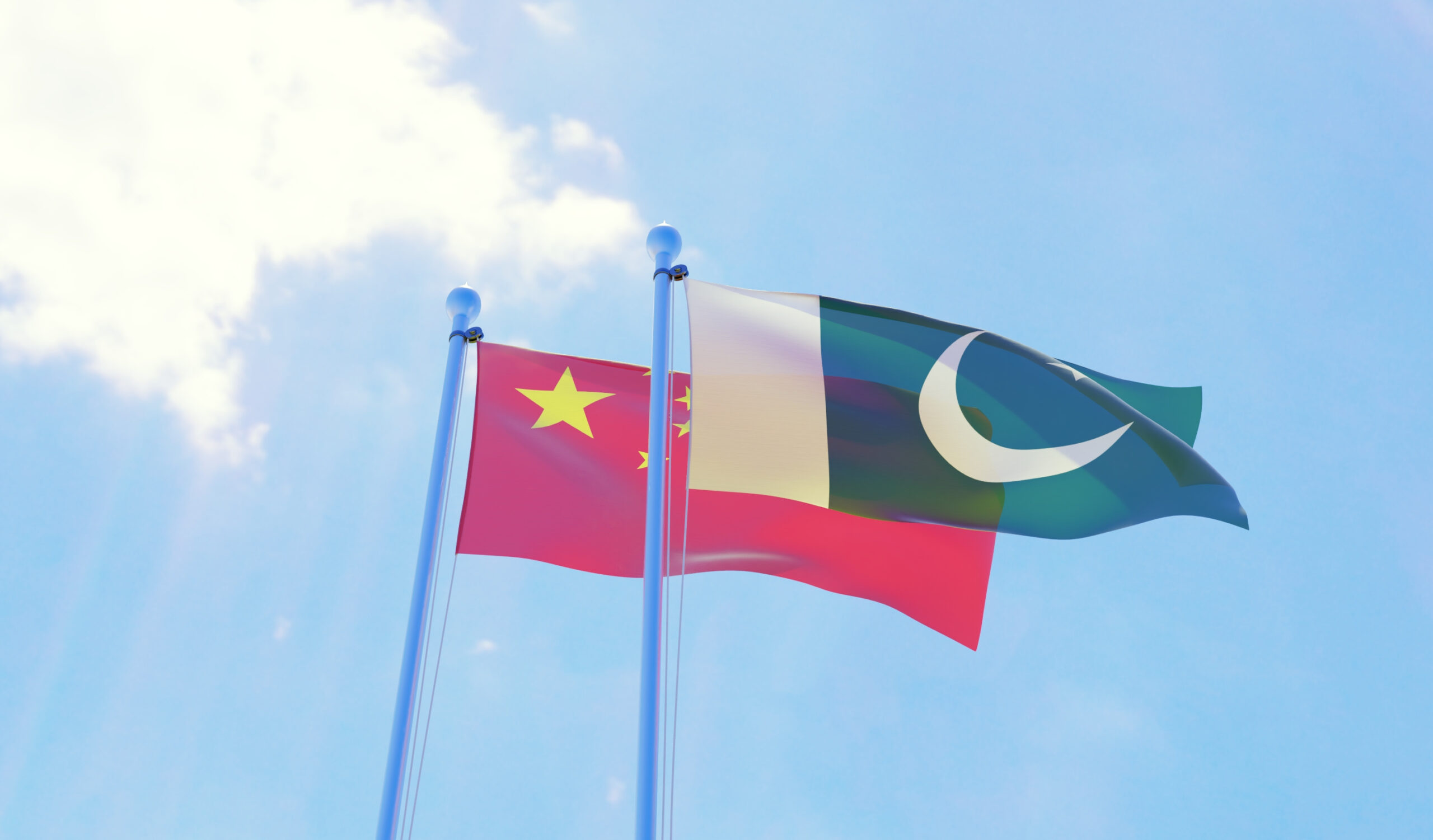
The recently concluded “Warrior-VIII” joint military exercise between Pakistan and China marks a significant chapter in their enduring partnership. Conducted at the National Counter Terrorism Center in Pabbi, Khyber Pakhtunkhwa, from November 20 to December 11, 2024, this annual event highlights the growing synergy between the two nations in tackling regional and global security challenges. By fostering deeper military collaboration, “Warrior-VIII” not only enhances counter-terrorism capabilities but also bolsters the geopolitical positioning of both countries in a complex global landscape.
Since its inception in 2006, the “Warrior” series of exercises has aimed to improve counter-terrorism preparedness. The eighth edition focused on mixed training modules, live drills, and advanced simulations to address contemporary security threats. Joint operations covered urban warfare, hostage rescue, and dismantling terrorist networks. These exercises enabled participants to exchange expertise, improve coordination, and fine-tune their tactical approaches to evolving challenges.
Counter-terrorism remains a shared priority for Pakistan and China. Pakistan’s extensive experience in combating militancy, particularly in its northwestern regions, complements China’s commitment to safeguarding its Belt and Road Initiative (BRI) projects. “Warrior-VIII” underscores the shared determination of both nations to foster peace and stability in the region. Military collaboration is a cornerstone of Pakistan-China relations. Over the years, China has become Pakistan’s primary defense partner, supplying cutting-edge equipment, including JF-17 fighter jets, naval frigates, and missile systems. Data from the Stockholm International Peace Research Institute (SIPRI) reveals that China accounted for nearly 75% of Pakistan’s arms imports between 2015 and 2023. Joint exercises like “Warrior-VIII” deepen these ties by building trust and operational compatibility between their forces.
Beyond arms trade and joint drills, the partnership has expanded to include initiatives like the China-Pakistan Joint Naval Exercise (Sea Guardians) and the Shaheen series of air force collaborations. These ventures illustrate the breadth of their defense alignment, extending to modern warfare domains and advanced military technologies. Pakistan and China’s strategic partnership carries immense geopolitical weight. Situated at the intersection of South Asia, Central Asia, and the Middle East, Pakistan serves as a vital partner in safeguarding China’s economic and strategic interests. The China-Pakistan Economic Corridor (CPEC), a flagship project of the BRI, exemplifies this collaboration. Military cooperation plays a crucial role in ensuring the security of these investments.
Amid rising tensions in South Asia and the shifting dynamics of the Indo-Pacific, “Warrior-VIII” sends a powerful message of unity and resilience. By demonstrating their operational readiness and military capabilities, both nations reaffirm their commitment to countering threats that undermine regional stability and prosperity.
The success of “Warrior-VIII” opens doors for further defense collaboration between Pakistan and China. Future joint exercises could incorporate naval and air force components to tackle diverse security challenges. Additionally, both nations could invest in joint research and development of emerging technologies, such as artificial intelligence, cyber defense, and unmanned systems, to strengthen their military edge. Multinational peacekeeping operations represent another promising avenue for collaboration. Both countries are significant contributors to United Nations peacekeeping missions, and joint training in this area could enhance their global impact.
“Warrior-VIII” symbolizes more than a military exercise; it reflects the shared commitment of Pakistan and China to a secure and prosperous future. Amid an evolving geopolitical landscape, their strategic partnership represents a model of mutual respect and shared goals. This exercise not only fortifies their defense capabilities but also reinforces their dedication to regional stability, economic progress, and international peace.
In conclusion, the “Warrior-VIII” joint military exercise stands as a testament to the robust bond between Pakistan and China. By advancing counter-terrorism capabilities, deepening defense cooperation, and promoting regional security, this collaboration highlights the importance of unity in addressing shared challenges. As they move forward, the partnership between Pakistan and China will continue to shape the region’s security and prosperity.
